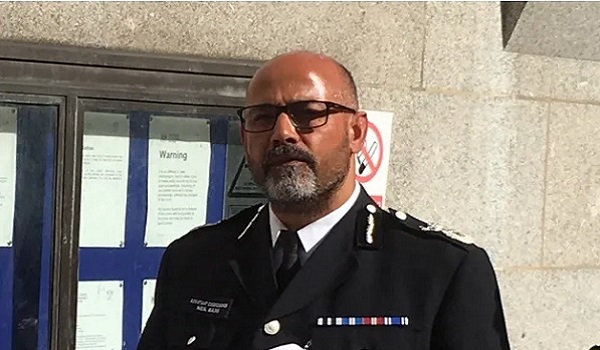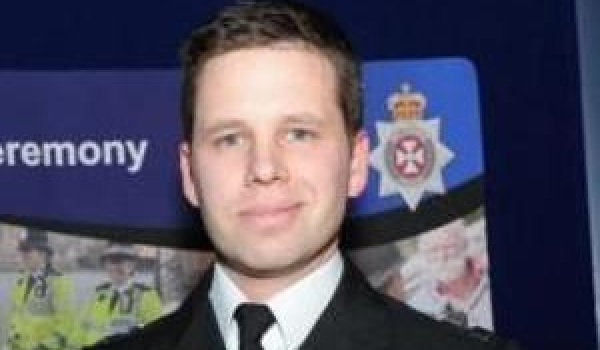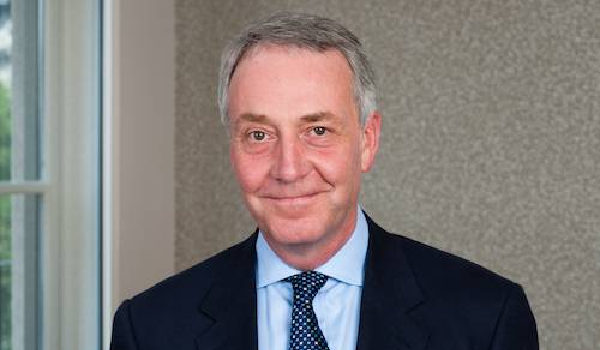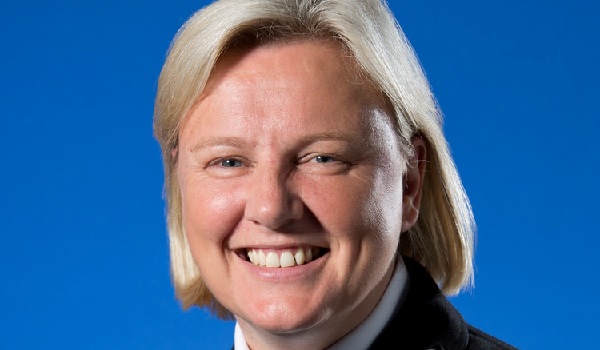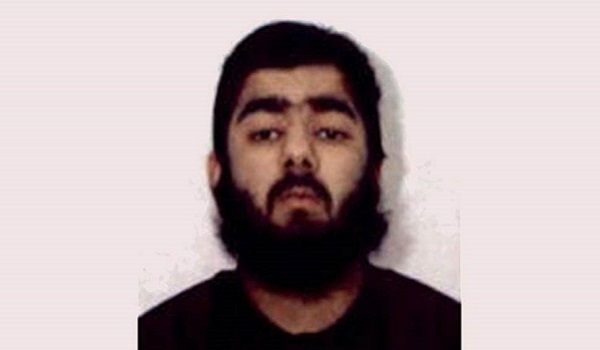Right-wing terrorism is a 'rising threat'
Police have foiled 22 attacks aimed at the UK since March 2017, three more than previously reported, according to the head of national counter-terrorism policing.
Speaking at a conference on international terrorism in Herzliya, Israel, Metropolitan Police Service (MPS) Assistant Commissioner Neil Basu said attacks were becoming easier to carry out and harder to detect. Potential threats that are of greatest concern at present include returning foreign fighters, lone actors, mentally ill people and a “rising threat” of right-wing terrorism.
Referring to the attacks on mosques in New Zealand by an Australian far-right militant last March, Mr Basu said that while right-wing terrorism was once largely a local threat, it had now become a “global phenomenon as adept at using social media as Daesh (ISIS)”.
“Christchurch (New Zealand) is the most recent example,” Mr Basu said. “Seven of the 22 attacks we have stopped since March 2017 relate to suspected right-wing terrorism.”
Mr Basu promoted the merits of “Prevent,” the controversial counter-terrorism programme involving several government agencies, including social services, which is designed to spot and deter people who might be vulnerable to recruitment or indoctrination by violent radicals.
Concerns around the effectiveness of the programme have led the government to announce the launch of a review, chaired by Lord Carlile, which will begin next year. Mr Basu conceded that the review will uncover shortcomings in the strategy, but he pledged to work with Lord Carlile to find common ground that will encourage the whole of society to spot danger and intervene earlier.
“Talking about Prevent must be a priority for everyone. Why should everyone care? Because experience tells us that someone always knows a person is moving towards an attack,” said Mr Basu.
“A recent study showed that in the time before most lone‐actor attacks, someone close to them knew about their growing ideology and violent intent. Mostly, they chose not to report it. For Prevent to succeed, those closest to people at risk of committing terrorist offences need to have confidence police will be proportionate and compassionate if they ask for help.”
Mr Basu also said he believes a public health approach to stopping the spread of terrorism will ultimately be more effective than police making hundreds of arrests each year. Last week it was announced officers had detained 266 people over the past 12 months on suspicion of terrorism-related offences.
“Rather than just treat the symptoms of terrorism we must treat the causes. Prevent – which offers a bespoke programme of support for vulnerable individuals – is the closest thing to a public health solution we have,” he added.
“Evidence indicates people with extremist views are more likely to be moved to violence when they feel excluded. We need to help people who see their position in society as hopeless to find hope – help them find a ‘family’ that believes in society, not a gang that wants to tear it apart. The lesson is that effective social integration could help stop extremist violence,” he said.


